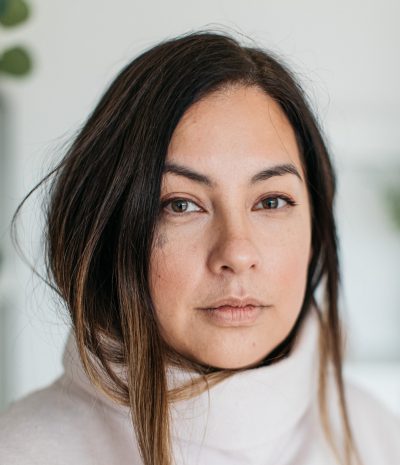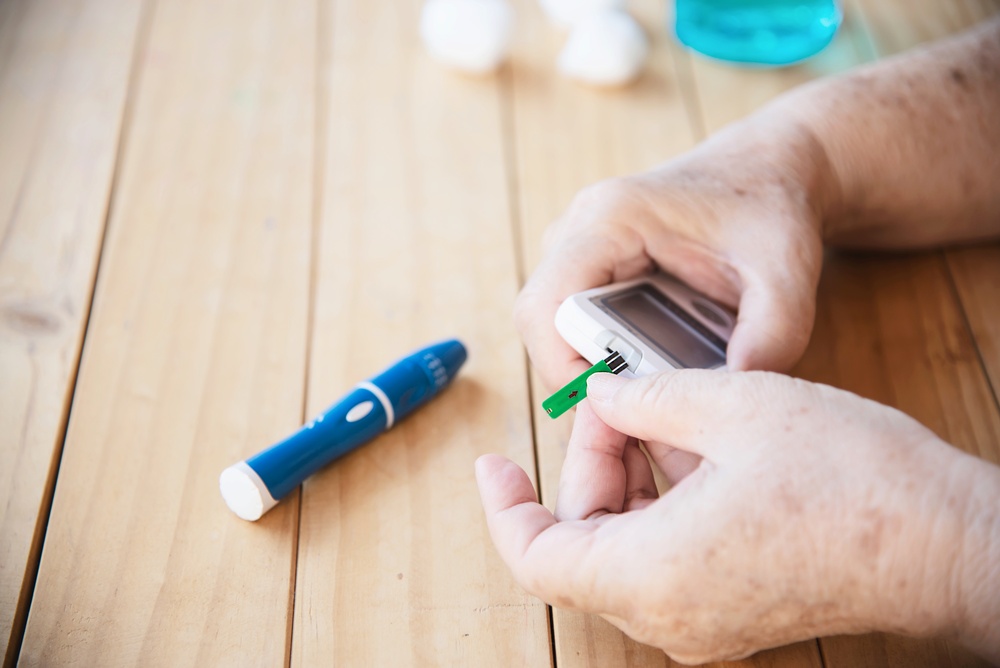The rise of the health-first agency: Why marketing in medicine needs a different mindset

By Natasha Hassani, founder and director of Neon Rocks Agency
For decades, healthcare marketing has borrowed its playbook from consumer brands: fast-moving, trend-led, and conversion-driven.
But medicine is not a product. It is personal, regulated, and deeply human.
As patients increasingly turn to digital channels to research and choose their care, the need for a different kind of agency has never been clearer.
At Neon Rocks, we call it a health-first approach, one that treats communication as an extension of care.
“The healthcare sector doesn’t need louder marketing. It needs more thoughtful, intentional communication that protects patient trust and reflects the integrity of the professionals behind it,” says Natasha Hassani, founder of Neon Rocks Agency.
“Our work isn’t about promotion, it’s about translation; turning clinical expertise into something patients can genuinely understand and connect with.”
A New Kind of Agency Thinking
In healthcare, marketing carries moral weight. Every word, image, and statistic sits within a duty of responsibility: to inform truthfully, to protect patient trust, and to represent medical professionals with the care they deserve.
Yet too often, agencies approach healthcare like any other industry, focused on visibility over value and speed over sensitivity.
A health-first agency works differently.
It blends creative strategy with clinical understanding, building brands that educate as much as they engage.
It understands compliance, patient safeguarding, and the nuance of representing medicine in the public sphere.
The goal is not to sell, but to help people make informed choices about their health.
Where Care Meets Communication

Natasha Hassani
Our work spans orthopaedic surgery, neurosurgery, ENT, skin health, and hospital care, all sectors where communication directly influences patient outcomes.
When we rebuilt Berkshire Grove Hospital’s digital presence, the priority was not simply appearance but patient trust.
For Mr Florian Bast, a leading ENT and facial plastic surgeon, our focus was translating surgical precision into accessible, confident storytelling.
For Muse Medical Clinic, we developed a digital experience that reflected medical expertise while remaining warm and human, helping patients navigate their aesthetic and skin health decisions safely.
Each project reinforces the same principle: healthcare communication should empower patients, not overwhelm them.
Breaking the Visual Mould
There is a common misconception that healthcare visuals and aesthetics need to look a certain way: sterile, cold, and overly clinical.
At Neon Rocks, we work with medical professionals to break that mould and create brands that feel more meaningful, more supportive, and more human.
Whether it is a surgical consultant, a hospital, or a skincare brand, every project is built around individuality, around what makes that professional or organisation unique in their field.
By approaching design through empathy rather than convention, we make digital experiences that feel less like advertising and more like reassurance.
The AI Partnership
There is no resisting AI. The real challenge is to embrace it mindfully and use it with intention.
In healthcare communication, AI is not a replacement for human judgement, it is a partner that amplifies it.
Used well, AI helps agencies like ours analyse patient needs, refine SEO for clinical relevance, and create accessible educational content that meets people where they are.
But it must be guided by context, compassion, and clinical accuracy.
The future belongs to those who integrate human discernment with intelligent technology, not those who fear it.
AI should never decide the message; it should help us deliver it more effectively, responsibly, and inclusively.
The Shift from Selling to Supporting
As digital health and AI-powered tools reshape how patients interact with medicine, expectations are changing.
People now seek transparency and education, not persuasion. They want to understand who their clinicians are, what treatments involve, and how to recognise credible information online.
A health-first agency supports that shift. It bridges the gap between clinical expertise and patient understanding, ensuring every digital touchpoint builds clarity and trust.
Looking Ahead
The next evolution of healthcare marketing is not louder, but clearer. It is compliant, ethical, and strategically human.
It means agencies, clinicians, and innovators working together to communicate health responsibly, in hospitals, clinics, and emerging sectors such as medical cannabis, where patient education is critical to safe and informed care.
Because in healthcare, marketing is not about making people buy. It is about helping people understand.
About the Author
Natasha Hassani is the Founder and Director of Neon Rocks Agency, a specialist healthcare marketing and website design agency with over 20 years of experience.
Neon Rocks works with leading hospitals, surgeons, and healthcare brands across the UK and internationally, providing digital marketing, SEO, paid advertising, brand development, and social media strategy.
Natasha’s work focuses on helping medical professionals communicate with clarity, integrity, and purpose, bringing creativity and compliance together to build trust in an increasingly digital healthcare world.






